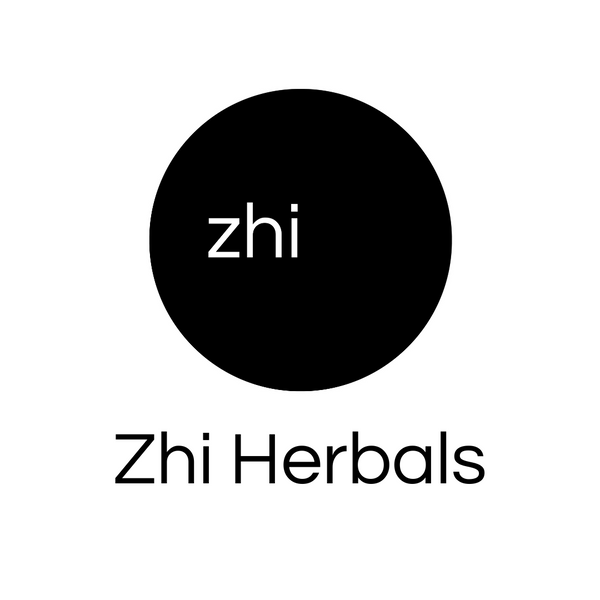
Cooling Herbs
Share
What Are Herbal Energetics?
Herbal energetics describe the physical and energetic effects of herbs on the body. Most traditional medicine systems incorporate some version of herbal energetics, where herbs are categorized into cooling or warming groups based on their physiological properties. Cooling herbs include peppermint, lavender and aloe vera. They can help dissipate heat in the body, and many can be used to relieve inflammation, soothe rashes, and calm digestive irritation. These herbs can be taken internally or applied topically depending on your preferences and goals. Herbal energetics can be a useful tool for understanding the different effects of herbs on the body and can help guide the way one uses herbs in their daily life.
What Are The Best Cooling Herbs For Summer?
As summer heats up, it can be difficult to stay energized and alert during the day. Fortunately, there are several herbs that can help you cool down and keep your energy levels up. Aloe vera, lavender, peppermint, sage, and hibiscus are all known for their energizing and cooling properties. Here’s a closer look at each one and why they can be beneficial.
Aloe Vera
One of the most well-known herbs for topical use, aloe vera has cooling effects on the skin and is a popular ingredient in after-sun recipes due to its powerful ability to soothe irritation. Topical aloe can help provide cooling relief from sunburns, itchy rashes, and other skin irritations. Taken internally, aloe vera also contains several vitamins, minerals, and antioxidants. Depending on the part of the aloe plant consumed, it can act as a digestive system healer or laxative.
Lavender
Lavender has long been known for its calming, cooling, and soothing properties. Inhaling the scent of lavender can help to reduce stress and anxiety, while also providing a boost of energy when used in higher quantities. Aside from its emotional benefits, lavender is also known for its anti-inflammatory and pain-relieving properties, so it can help to reduce any sore muscles or aches that may be keeping you from feeling energized. The scent of lavender can help to repel mosquitoes, making it an especially great herb to have on-hand in summertime.
Peppermint
An incredibly versatile herb that has been used for centuries to soothe digestion, reduce inflammation, and improve mental clarity. Peppermint has a familiar menthol taste, and its energizing properties make it an excellent choice for those dealing with fatigue, stress, or anxiety. Peppermint helps to cool the body, reduce tension headaches, and ease the symptoms of menopause. You can find it as an ingredient in our Cooling Detox Tea as well as our Female Hormone Balancing Tea.
Sage
Another energizing herb that can help reduce inflammation and fight infection, sage is antibacterial and incredibly effective at dissipating excess heat in the body and balancing excess yang energy. It has been used to treat a wide range of ailments, including digestive issues, respiratory problems, and skin conditions. Sage is also believed to improve mental clarity, and it has been known to help with memory loss, depression, and anxiety, as well as reduce hot flashes. The cooling effect of sage is best experienced internally as a tea or tincture.
Hibiscus
Hibiscus has a unique flavor reminiscent of fresh limes and can be enjoyed as a tea or added to food. Rich in antioxidants and vitamin C, cold brew hibiscus tea is a refreshing way to keep your immune system boosted all summer long. Taken internally, hibiscus helps to lower your body temperature and keep you cool.
Herbal Iced Tea Recipe
We suggest drinking your herbal tea cold if you’re trying to keep cool this summer. Our blog post about making cold brew herbal tea is a great resource for tips and to learn how to make the best cold brew tea.
If you have peppermint and sage growing in your garden, you can also try making this recipe with the fresh leaves by doubling the herbal quantities used.
Peppermint And Sage Cold Brew
Ingredients:
- 1 teaspoon of dried peppermint leaf
- 1 teaspoon of dried sage leaf
- 500ml of cool water
Instructions:
- Place the peppermint and sage in a pitcher or container with a lid.
- Fill the pitcher or container with water and stir the tea leaves to ensure they’re all fully submerged.
- Cover the container and let the tea steep for 8-12 hours.
- Once the tea has steeped for the desired amount of time, strain the tea leaves from the liquid and discard.
- Pour the cold brew herbal tea into cups over ice and enjoy!
You can also store the tea in the refrigerator for up to five days. Give it a try and see how you like it.
